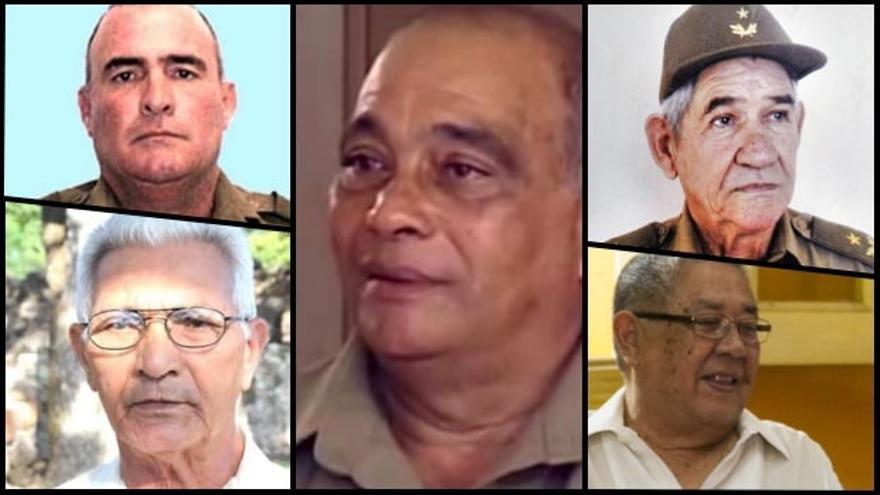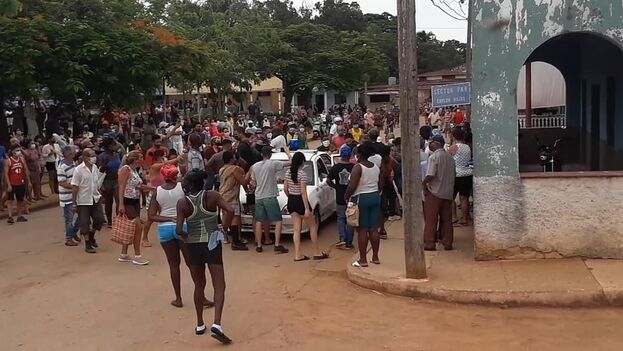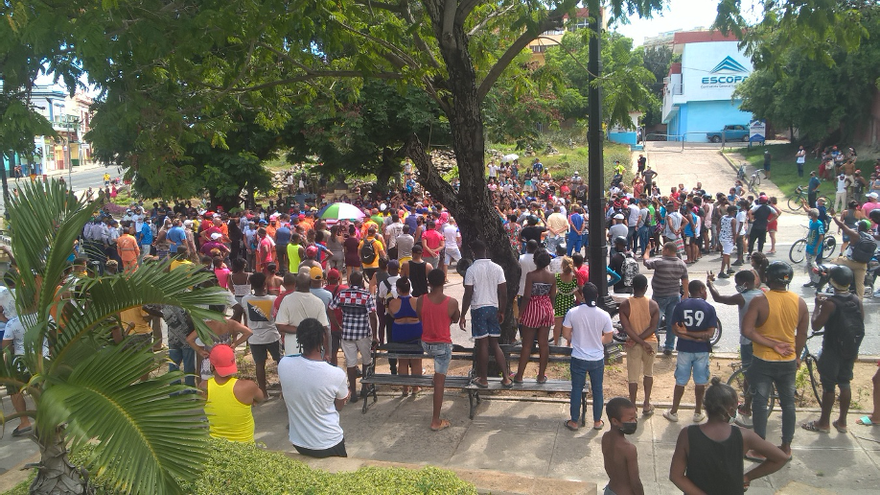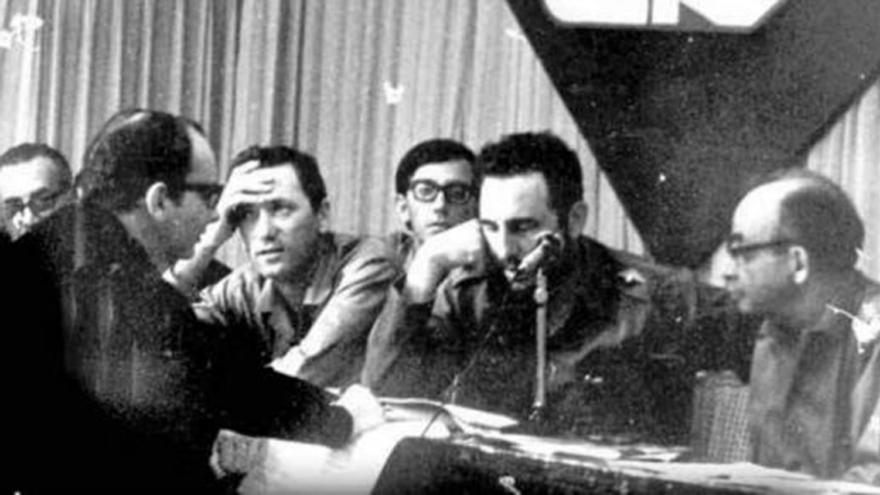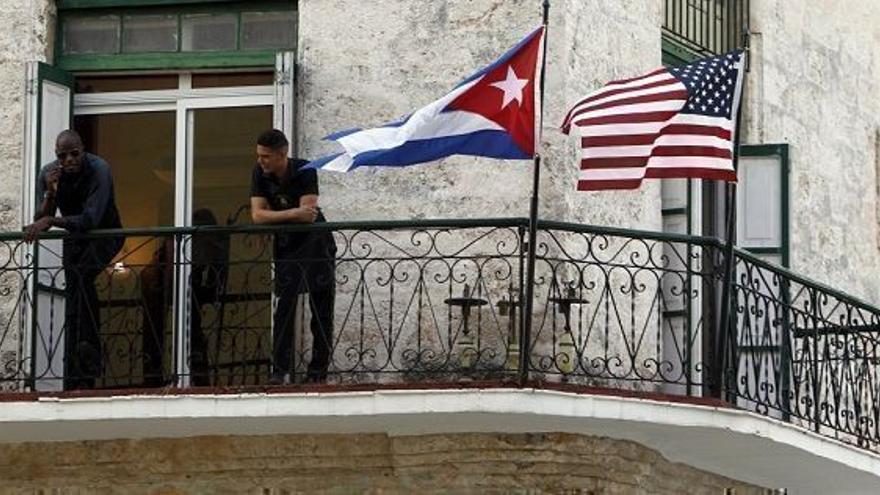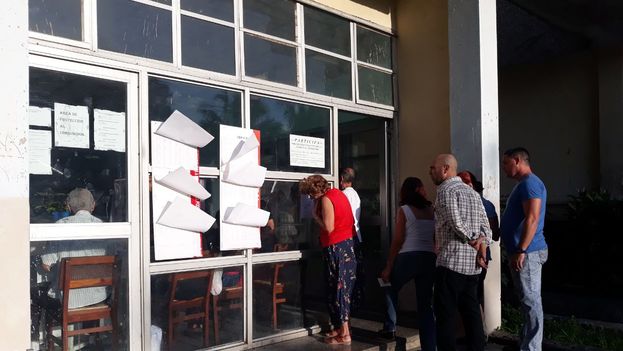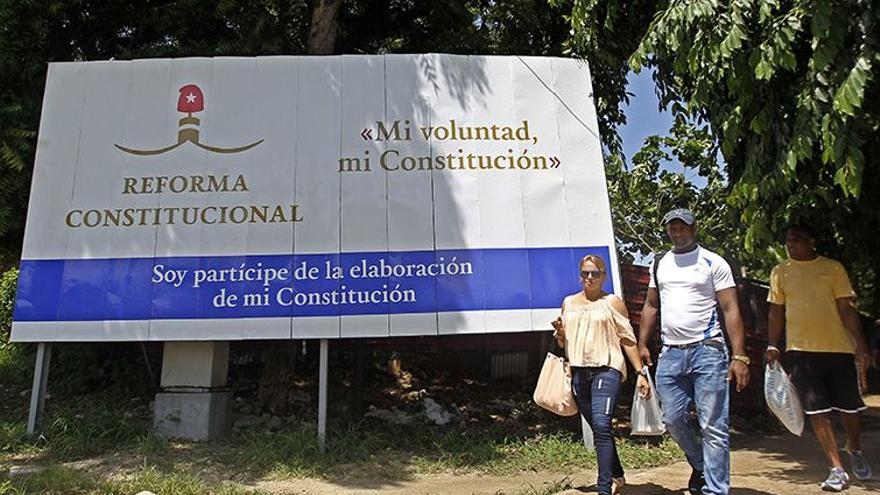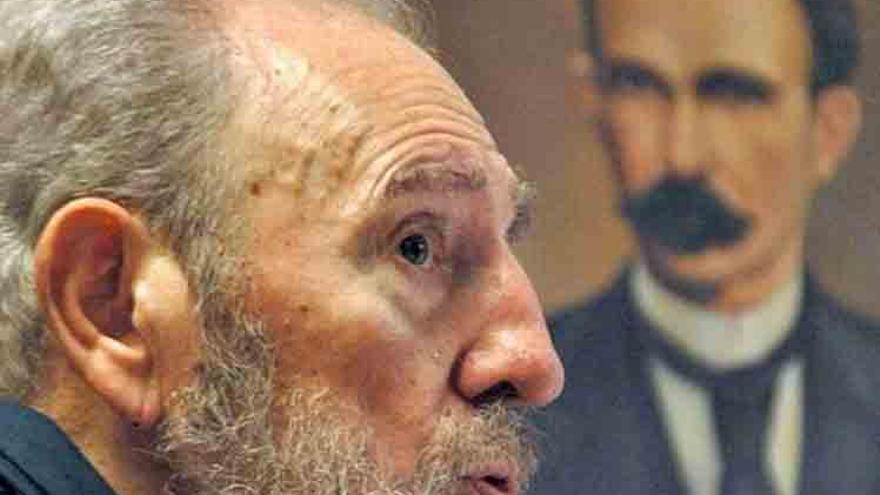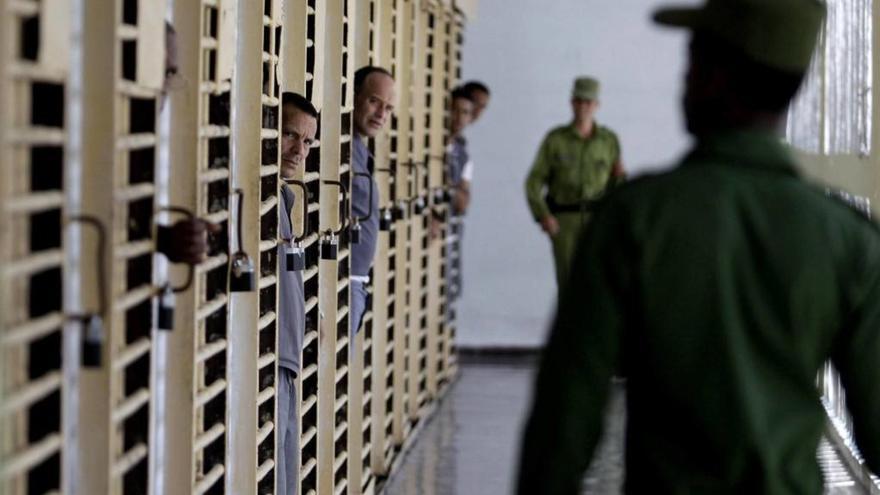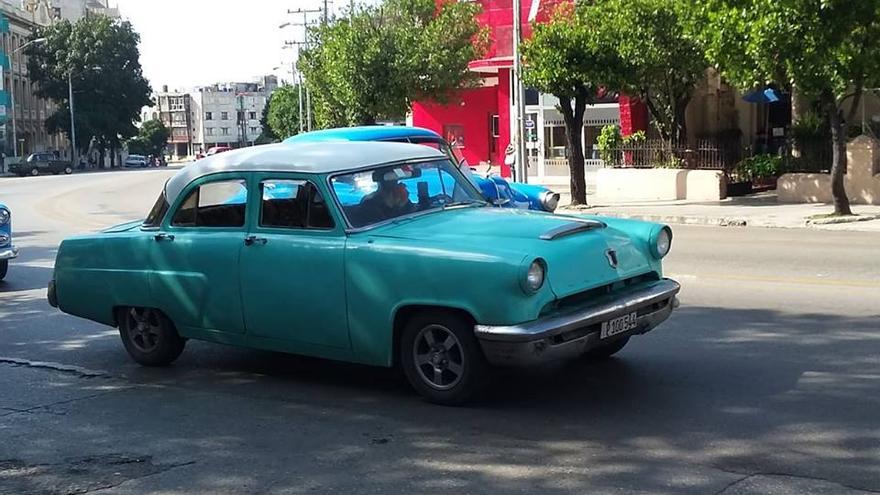
![]() 14ymedio, Ariel Hidalgo, Miami, 25 August 2021 — In the worst days of the Special Period crisis, when I was asked during a Miami radio program if I thought that people in Cuba were going to take to the streets, I replied: “The only street where people could launch themselves would be the Malecón, trying to leave the country,” because he knew that the population had not yet developed the necessary conscience to take to the streets.
14ymedio, Ariel Hidalgo, Miami, 25 August 2021 — In the worst days of the Special Period crisis, when I was asked during a Miami radio program if I thought that people in Cuba were going to take to the streets, I replied: “The only street where people could launch themselves would be the Malecón, trying to leave the country,” because he knew that the population had not yet developed the necessary conscience to take to the streets.
A few days later the so-called Maleconazo took place, in which many Cubans, desperate and frustrated because they had come to the seawall there uselessly, with the expectation of getting on a boat to cross the Straits of Florida, began a massive anti-government protest that was brutally repressed. Days later, the regime lifted the surveillance of the coasts, and that action began the exodus of the rafters. And everything was there.
But today things are very different. Regardless of the fact that now the escape valve from mass exoduses has been permanently closed with the end of the United States policy of wet foot/dry foot, there is already a civic awareness in the population that was evident in the massive demonstrations of July 11, with thousands of people in each of the more than twenty towns — some have calculated forty — in all the country’s provinces, which surprised many of the regime’s leaders.
In reality, what is surprising is that they were surprised, given that they have such effective State Security that they always anticipated potential conspiracies, even before the conspirators themselves became aware that they were conspiring, as happened in the Ochoa case. continue reading
Of course this time, with the 11th July protests, they couldn’t detect any conspiracy because there simply wasn’t. Everything was spontaneous. Nobody planned it. However, it was something that could be seen coming. What was coming was an open secret and some of us warned about it. Writers published several articles talking about its imminence. The latest of them, Cuban Dissidence Should Get Ready for a Social Explosion, was published in CubaEncuentro and later reproduced in Havana Times on June 24, less than a month after the outbreak.
Probably for now there are no more demonstrations with the magnitude of those that occurred, due to the fierce repression and all the surveillance measures taken, as well as a new regulation to penalize opinions on the Internet that damages “the prestige of the country.” But the effect of the events of those days is enough so that Cuba does not remain the same as before.
First, with the demonstrations it has become clear to everyone what a large part of the population already knew: the myth that the Cuban people supported that Party-State leadership has collapsed; and second, with the brutal repression, many of those who still doubted the ruthless nature of that regime have now awakened to reality, and this became evident with the attitude adopted publicly by many sectors of civil society, mainly students, which leaves no doubt that fear has already has been lost.
Knowledge of History provides a vision of the future based on present events. Let’s go to Czechoslovakia in 1967, where something very similar happened, perhaps to a lesser extent. The antecedents of what became known as the Prague Spring began with peaceful student demonstrations due to the economic crisis in the country.
The violent crackdown on students ordered by the country’s President and Party Secretary General Antonin Novotny resulted in his loss of popularity, even within the Party itself. In a meeting of the political organization, on 5 January 1968, he was openly criticized by other senior leaders who replaced him in the leadership of the Party with another who aroused more sympathy among the population, Alexander Dubcek. Two months later, Novotny also had to resign as president.
The Cuban leadership is currently suffering a deep popularity crisis, especially in the case of Díaz-Canel and his prime minister, Manuel Marrero, who have lost the power to call others to action, something that became evident in the call for an ’act of revolutionary reaffirmation’ when many, especially students, not only refused to participate but publicly criticized the event.
The latest has been the harsh response of numerous doctors through audiovisuals and letters against Marrero, who has blamed healthcare workers for the country’s health problems. It is to be hoped, then, that it is already “cooking” among the historical leadership to wash their hands and sacrifice, as scapegoats, these two leaders, and replace them with alternatives more palatable tor the population.
But if the situation in the country does not improve, and it cannot improve as long as there is an unsustainable model such as the one that caused the social explosion, sooner or later the outbreak will occur again and no longer will it be thousands who take to the streets but hundreds of thousands. In that case the Party-State will have to surrender to the real changes or get out their tanks and carry out a massacre such as has never occurred in any country on the continent, and in that case the repressors will have nowhere in the world to hide to respond to international tribunals at the level of the Nazi genocide.
There are very well founded hopes that very possibly the examples of the students and the doctors will be followed by other sectors of the Civil Society and, all, united, will raise their voices loud and firm, and this tragedy can be avoided. In Cuba, the artists took the first steps in their demands before the Ministry of Culture on November 27.
In Czechoslovakia the decisive step was taken by the literati. A small group of members of the Writers’ Union — some were even members of the Party, including Milan Kundera — published their discontent in the Union Gazette, and suggested that Literature should be independent of the Party’s doctrine. It was not an inflammatory and damning allegation, of course, but quite the opposite, moderate and very cautious, as it had to be. As expected, they were rejected by the Union leadership, and the Party decided to transfer the Gazette and some editorials to the Ministry of Culture. But that was the spark of a discussion among the writers, many of whom began to defend the authors of the declaration, and the debate even extended within the Party itself.
But there was already a civic awareness of rights and freedoms that allowed, by declaring non-interventionism during the Russian perestroika, the so-called Velvet Revolution to take place immediately, led by a playwright named Václav Havel.
That civic conscience already exists in our people to carry out something similar that I would dare to describe, in tune with our country, our “Silk Revolution.”
____________
COLLABORATE WITH OUR WORK: The 14ymedio team is committed to practicing serious journalism that reflects Cuba’s reality in all its depth. Thank you for joining us on this long journey. We invite you to continue supporting us by becoming a member of 14ymedio now. Together we can continue transforming journalism in Cuba.

